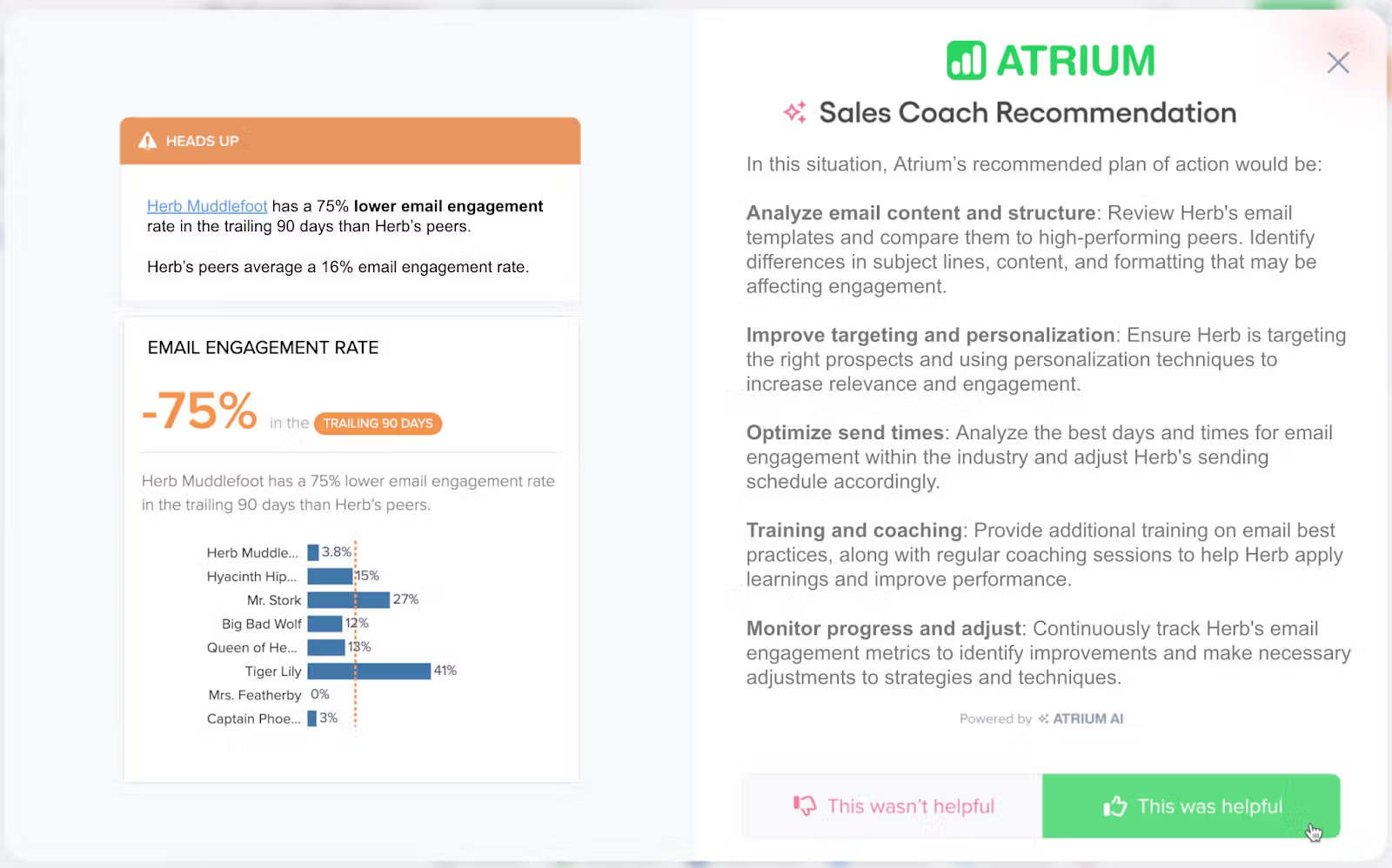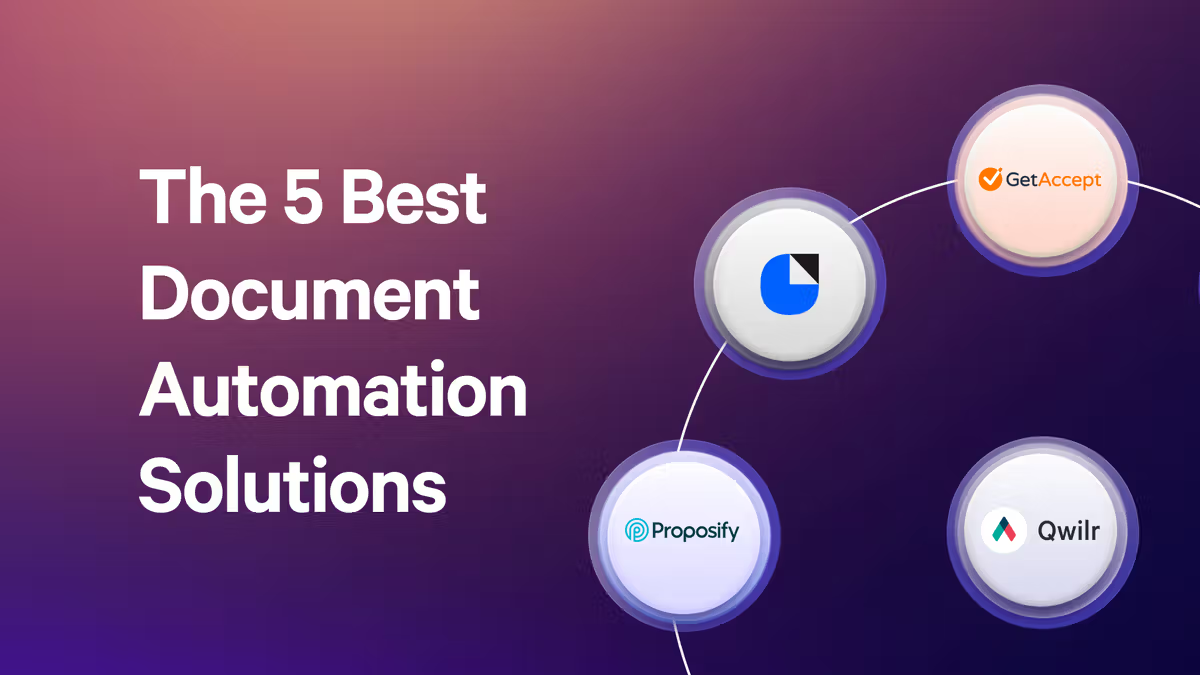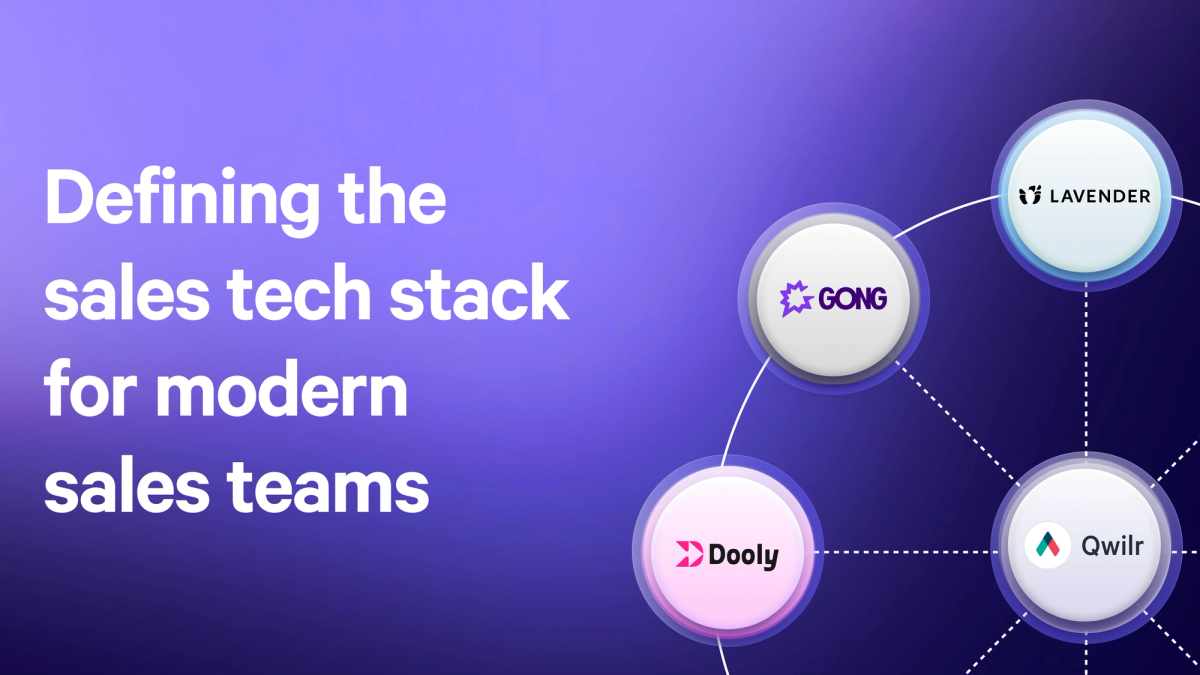
Last week, I shared 3 practical ways that sales reps can utilize artificial intelligence (AI) to get their selling time back.
The reality is that a sales team's success depends heavily on the leadership skills of their manager to guide them through market challenges, anticipate shifts in buyer behavior, and lead the team to achieve its target.
But I don’t think I’ve ever met a sales manager who isn’t fighting for time, is being pulled in multiple directions, and has a management/admin overhead to juggle, all while trying to fulfill their real role of ‘sales manager as a coach’. Rarely do they have the time they would like (and need) to work with their teams to prioritize actions that win more customers and increase deal sizes.
However, just as AI can enable sales reps to spend time on the stuff that matters, AI can empower managers with more time to allocate to strategic planning and coaching, via a different application.
Most excitingly for managers, it has the potential to:
- Transform that which is slow > fast
- Convert that which is high friction > low friction
Not only can AI-powered sales tools automate mundane tasks such as meeting notes and appointment scheduling, but they can also simplify and speed up data-driven tasks such as forecasting sales trends based on historical data and real-time inputs, reducing a week of activity into a 30-minute task. AI can also enable managers to fulfill the manager/coach ideal and provide valuable insights into individual salesperson performance, helping leaders to identify areas for improvement and tailor coaching efforts.
The challenge for most sales teams is that AI isn’t yet built into their sales process or daily rhythms. Outside of specific tooling, we haven’t even landed on the best ways to interact seamlessly with AI. The best example of this is ChatGPT which will soon (at the time of writing) be able to see, hear and speak.
With that all said, in this blog, I’ve outlined three practical ways that sales leaders and managers can use AI to start driving more performance immediately—whether that’s improving pipeline reviews, delivering tailored coaching to improve team performance, or making data-driven decisions to uplift their strategy.
Key takeaways:
- AI can empower sales managers with more time for strategic planning and coaching by automating mundane tasks and speeding up data-driven tasks.
- AI tools can analyze vast amounts of sales data to identify patterns, trends, and areas of improvement, aiding in data-driven decision-making.
- AI can enhance pipeline reviews by analyzing call recordings and identifying deal priorities, leading to better preparation and outcomes.
- AI can support sales coaching by generating automated reports, analyzing skills gaps, and establishing performance benchmarks.
- AI tools like Atrium can act as a coach for the sales coach, scanning sales team data and providing solutions for identified issues.
Making data-driven decisions
Data-driven decision-making allows sales managers to navigate the complex landscape of sales with precision, objectivity, and foresight. In an ever-evolving market, relying solely on intuition or past experiences can lead to missed opportunities or costly mistakes. Data provides evidence on which strategies are working and where there might be gaps or inefficiencies in the sales process.
AI’s biggest benefit is its ability to quickly analyze vast amounts of sales data to identify patterns, trends, and areas of improvement. It can be applied to improve the legitimacy of forecasting, to help determine GTM strategies, and provide sales managers with insights into each team member's performance and areas where coaching may be needed (more on coaching later).
Of course, to do this requires an element of tooling and upfront time, but it’s a small price to pay for the potential performance improvements. And in my opinion, sales managers and leaders who adopt this approach will be highly sought after.
Thankfully, there is a free(ish) tool that managers can use to do this with relative ease.
Advanced Data Analysis
ChatGPT Plus ($20 monthly subscription) users have access to a great plugin available that can be used by sales managers and leaders to interpret and interrogate data - perfect for making data-driven decisions.
Advanced Data Analysis (previously known as Code Interpreter) is a ChatGPT-4 feature that allows you to feed the AI assistant data, on which it can perform queries. It works incredibly well with structured data in popular formats such as Excel, google.sheets, and csv files etc, enabling you to instruct ChatGPT to analyze, visualize, and interpret data. You can easily import data from Excel into ChatGPT for analysis, ensuring that the AI can handle large datasets efficiently.
The key thing is to ensure ChatGPT understands the data once you have uploaded it, by asking specific questions about the data and correcting any errors in its response (remember, AI uses machine learning to improve at a task through experience).
Once you’re comfortable that it understands the context of the data, Advanced Data Analysis is highly effective at dealing with inaccurate data, dealing with outliers, finding errors, and reprocessing data based on your commands. But, you must understand the task you want to perform to provide useful and accurate instructions for ChatGPT to work the data effectively (rubbish in = rubbish out).
Let's dig into an example of how this works:
Data disclaimer!
As usual, be careful when using any kind of data in tooling. Avoid uploading any Personal Protected Information (PPI), such as specific customer data, into any tools that are outside of your protected network. And remember, as smart as AI is, every technology is prone to errors. Ensure you can verify the output of AI.
How to use AI to analyze sales data:
Here’s a simple step-by-step approach on how to analyze sales data using AI:
1. Define your objectives:
What specific insights are you looking for? It could be understanding where your pipeline is coming from, identifying high-performing salespeople, or spotting market segments that are under-served.
2. Gather the data:
Compile sales records, CRM data, market trends, and any other relevant information (ensure the data is in a machine-readable format, commonly CSV or Excel).
3. Choose the right AI tool or platform:
Opt for platforms that offer data analytics and machine learning capabilities, such as Google's AI Platform, IBM Watson, or H2O.ai. (many CRM systems such as HobSpot now have integrated AI tools designed specifically for sales data analysis).
4. Clean the data:
Remember, you’re output from AI will only be as good as the input. Ensure yo remove incomplete records from your data and standardize data so that currency values and/or date ranges are consistent.
5. Feed the data into your chosen tool
Upload your preprocessed data into the chosen AI platform. If the platform allows, configure it to focus on metrics that matter most to you, and align to your objectives.
6. Query your data to understand the insights you were looking to uncover
Pipeline & Deal Reviews
Pipeline reviews are where most managers want to be spending more time rather than less of it. They’re an opportunity to get into the weeds, remove roadblocks, and provide valuable input so the sales rep can drive the deal forward. The challenge is finding the time to be adequately prepared so the manager can add value and the rep has a clear path forward.
This is where AI can help to cut corners while improving the quality and outcome of those conversations.
“Level up your team by being more prepared than you’ve ever been, having spent less time than ever preparing.”
Better prep
The easiest win here is to utilize the data in your team’s call recordings. Similarly to following up a call, the call recording can be copied into a ChatGPT extension with an instruction to summarize the conversation and provide a list of takeaways and actions.
You’ll have a much better prospect (pun intended) of getting through 10x summaries instead of trying to listen for 10x call recordings (even on 1.5x), ensuring you’re prepped in advance so you can use time with your team members to strategize on how to win the account.
Better outcomes
You can also use the Advanced Data Analysis feature in ChatGPT4 to analyze a rep's pipeline and identify which deals to prioritize, opportunities to increase deal sizes, and more, based on historical information.
How to use AI to analyze pipeline:
A sample set of prompts, having already uploaded all open and closed deals, might be:
- What trends are evident in the closed won deals for 2021-2023?
- Of the open pipeline, which deals are most similar to closed won opportunities? Why?
- Looking at only open, late-stage pipeline which 3 days are most important if I want to optimize for larger deal size and likelihood to be closed won
- The open deal with Acme Inc is clearly important. What are 5 questions I should work through with the deal owner to ensure we are diligent with our activities?
- What are common risks in deals that reps miss when reviewing the opportunity?
Coaching
Sales managers deliver innate value when they can coach their people, rather than just oversee them. And while coaching is very much a human experience, AI can make the experience easier for managers and more valuable for sales reps.
In fact, according to a recent Gartner study, 77% of sales organizations are already harnessing digital tools to boost team performance, with 66% employing AI for personalized coaching.
As we’ve already seen, with its ability to analyze large volumes of data, AI is the perfect instrument to support sales managers and leaders in coaching their teams in several ways.
Automated reporting: AI can generate automated reports highlighting team and individual performance metrics, saving managers time and allowing them to focus more on coaching.
Skills gap analysis: By analyzing sales outcomes and behaviors, AI can pinpoint specific skills or knowledge gaps in the team. This is invaluable for sales managers to provide targeted coaching or training sessions.
Performance benchmarks: AI can establish benchmarks for different sales activities, from the frequency of customer interactions to the average deal closure time. This helps managers set clear performance expectations and coach those not meeting the benchmarks.
All of these use cases take the grunt work out of understanding team performance and identifying areas for improvement, enabling managers to spend more time and effort on the practice of coaching. ChatGPT can also help by recommending actions to improve performance with a few simple prompts:
Some AI tools could even be viewed as a coach for the sales coach. Take Atrium for example, an AI Tracker that continually scans your sales team data, finds and flags issues, and tells you how to fix them.

Technologies like this enable managers to coach in real time and prevent minor performance issues from getting out of hand.
Final thoughts
AI is revolutionizing the sales landscape, offering multifaceted benefits to sales leaders. Incorporating AI into a sales manager's workflow does require thought, time, and attention - but there are significant gains to be made with a little bit of effort. The trick really is to get familiar with the technology to better understand how it can be best applied to your needs. A subscription to ChatGPT Plus (with access to Advanced Data Analysis) is well worth the USD$20 per month investment and allocating a couple of hours per week will help you to realize its value and claw back hours in the long run.
It’s easy to get started and test the potential. My advice:
- Start with a clear idea of what you want AI to solve for you eg. understand team performance, and prepare for deal reviews
- If it's a data-based issue, make sure you have the data you need to input into ChatGPT’s Advanced Data Analysis
- Work through the prompts in advance - if you don’t understand what you’re asking ChatGPT to do, it won’t either
- Define actionable steps to take from the AI output eg. coaching requirements
Once you’ve run through this process the first time, you’ll wonder how you ever managed without it.
About the author

Nathan Clark|Sales Coach
Nathan Clark is a sales coach for ambitious B2B tech leaders and their sales teams to help them win more deals. He has a wealth of experience in helping technical founders set up and manage their sales functions, scaling sales models and workflows, and helping teams drive more efficiency from their sales processes.



